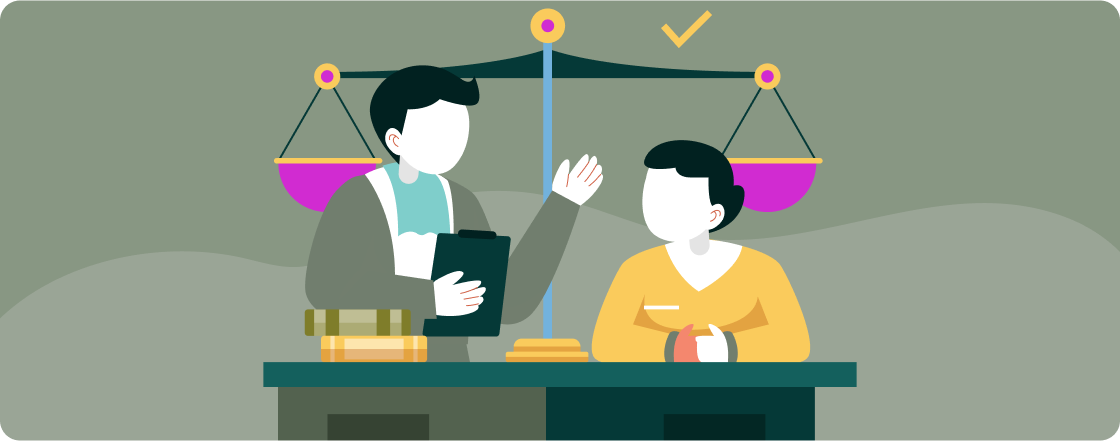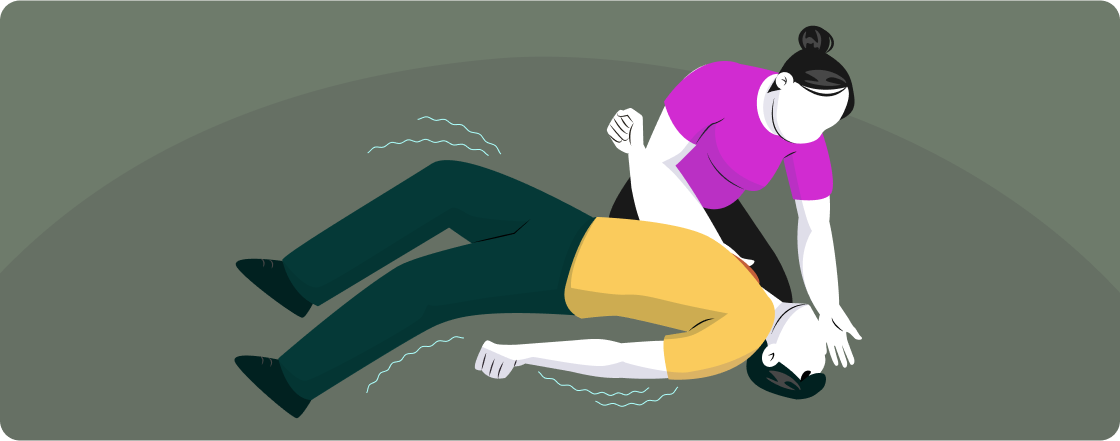
Understanding the Health Risks of Cocaine Use: From Seizures to Long-Term Damage
Cocaine is often glamorized in pop culture—but the truth is far less glossy. This powerful stimulant poses serious risks, especially when used frequently or in high doses. From seizures to long-term cardiovascular damage, the health consequences can be life-threatening—and they can happen even to first-time users.
The Immediate Impact of Cocaine on the Brain and Body
Cocaine floods the brain with dopamine, creating intense euphoria. But it also overstimulates the central nervous system, raising heart rate, blood pressure, and body temperature. According to the National Institute on Drug Abuse (NIDA), this can lead to heart attack, stroke, or seizure—even in young, otherwise healthy individuals.
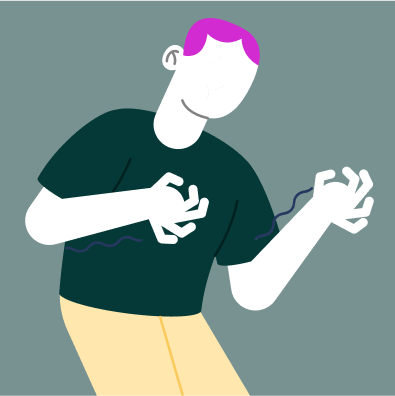

Seizures and Sudden Death
Cocaine use significantly increases the risk of seizures. These can be caused by both a single large dose or repeated use over time. Cocaine-induced seizures can occur without warning and are often linked to irregular electrical activity in the brain caused by the drug’s stimulant effects. In extreme cases, seizures can lead to coma or sudden death.

Long-Term Health Consequences
Chronic cocaine use can damage nearly every system in the body. It constricts blood vessels, leading to increased risk of heart attack and stroke. Long-term use may cause memory problems, paranoia, and cognitive decline. Cocaine can also weaken the immune system, cause severe nasal tissue damage when snorted, and lead to gastrointestinal complications.
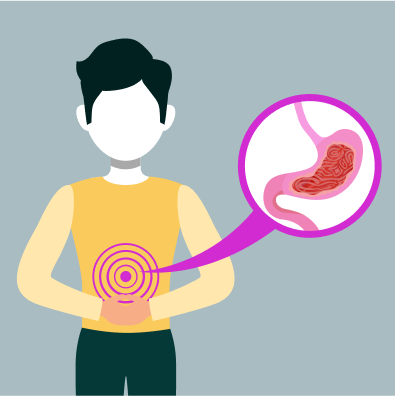
The Dangers of Mixing Cocaine With Other Substances
Cocaine is often used alongside alcohol or opioids—a combination that can be deadly. When mixed with alcohol, the liver produces a toxic compound called cocaethylene, which increases the risk of sudden death by over 20 times. Polysubstance use adds layers of risk that even experienced users may not anticipate.
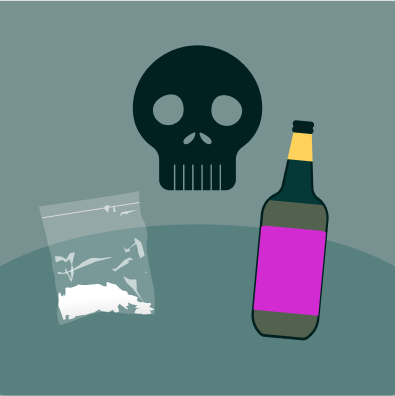
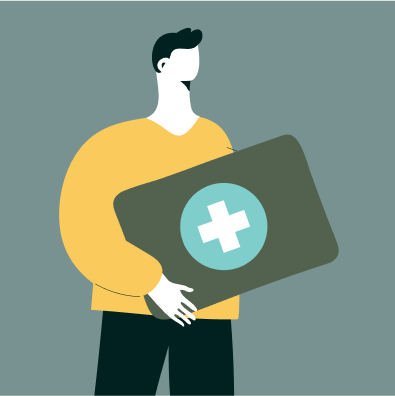
When to Seek Help
If you or someone you care about is using cocaine regularly—especially alongside other substances—it’s time to ask hard questions. Are you feeling anxious, depressed, or physically unwell? Are you using more to feel the same effect? Treatment can address both the physical and emotional aspects of cocaine use, with therapies tailored to your needs.
Cocaine isn’t just a “party drug.” It’s a powerful substance with real risks—ones that often escalate quickly. But with the right support, recovery is absolutely possible.








